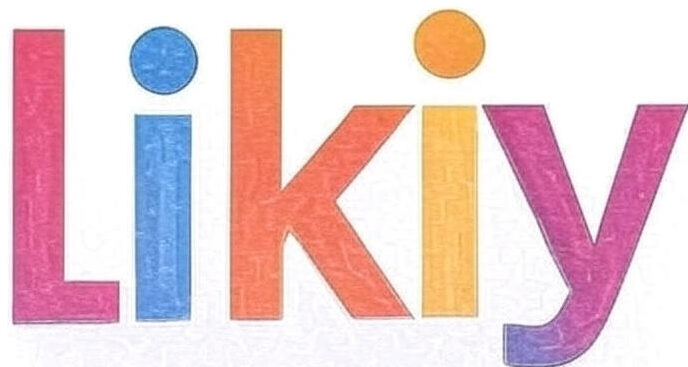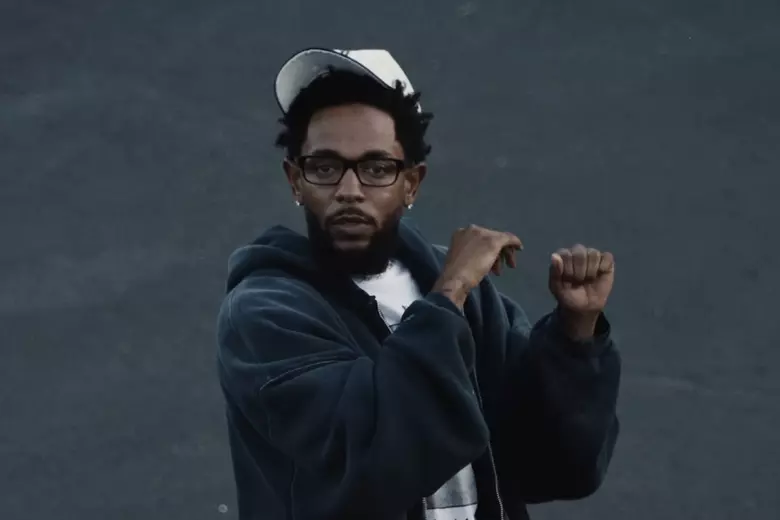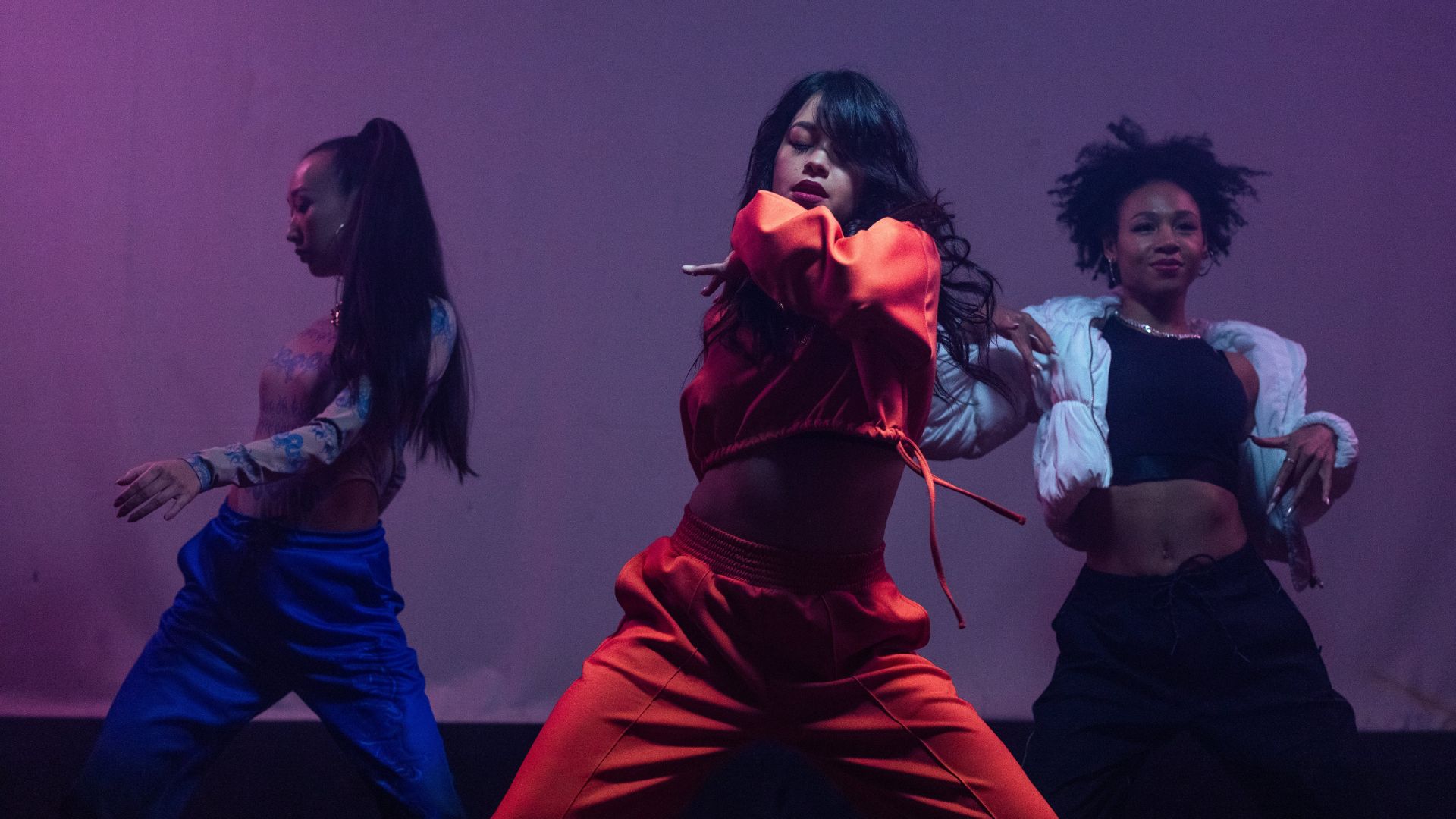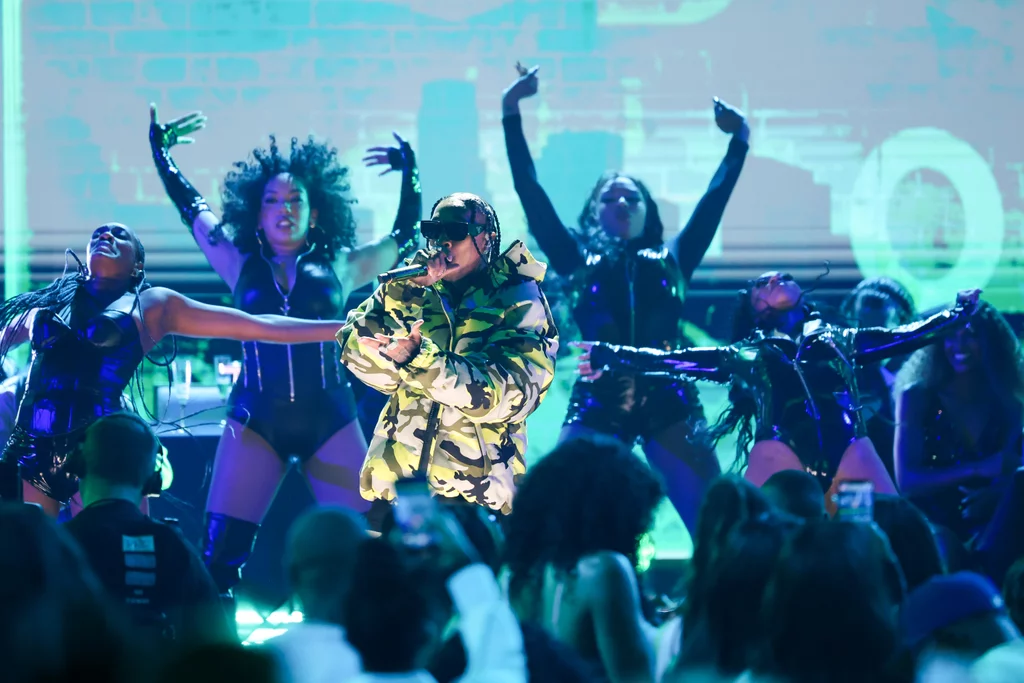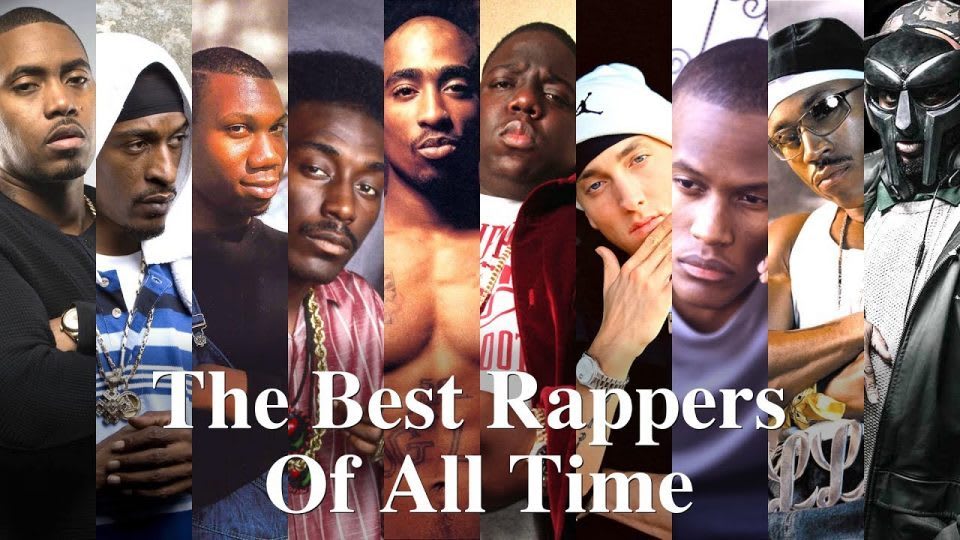Kendrick Lamar, the Pulitzer Prize-winning artist from Compton, California, has long been hailed as one of hip-hop’s most introspective and socially conscious voices. His discography, from good kid, m.A.A.d city to DAMN., explores personal struggles, systemic issues, and Black identity. But “Not Like Us” marked a shift—it’s aggressive, unapologetic, and club-ready, produced by Mustard with co-production from Sean Momberger and Sounwave. Sampling Monk Higgins’ 1968 rendition of Ray Charles’ “I Believe to My Soul,” the track’s hyphy-influenced beat provided the perfect backdrop for Lamar’s barrage of accusations against Drake. The song’s chorus, “They not like us,” became an anthem, resonating far beyond the feud and sparking discussions on cultural appropriation in rap.
The release came hot on the heels of Lamar’s “Meet the Grahams,” another diss aimed at Drake’s family life, released less than 24 hours prior. This rapid-fire exchange escalated a rivalry that had simmered since 2013, when Drake responded to Lamar’s verse on Big Sean’s “Control.” By 2024, the beef exploded into a full-scale war, with tracks like Future and Metro Boomin’s “Like That” (featuring Lamar) reigniting tensions. Drake fired back with “Push Ups” and “Taylor Made Freestyle,” but Lamar’s responses—”Euphoria,” “6:16 in LA,” and then “Not Like Us”—seemed to seal his dominance.
What makes “Not Like Us” so explosive? It’s not just the disses; it’s how Lamar weaves personal attacks with broader critiques of the industry. He accuses Drake of being a “colonizer” in hip-hop, exploiting Black culture while lacking authenticity. Lines like “Certified Lover Boy? Certified pedophiles” directly reference Drake’s album and alleged predatory behavior, allegations that have swirled around the Toronto rapper for years. The track’s impact was immediate: it shattered Spotify records, amassing 12.8 million streams in a single day, the most for any hip-hop song ever. By September 2025, it had surpassed one billion streams, cementing its place as one of the decade’s biggest hits.
For hip-hop enthusiasts exploring the Kendrick Lamar Not Like Us impact on hip-hop, this anthem didn’t just win a battle—it unified the West Coast, inspired global protests, and even infiltrated politics. Kamala Harris referenced it during her 2024 campaign, and it soundtracked Kenyan demonstrations against government policies. On likiy.net, we’ve covered similar seismic shifts in rap, like in our article on Top 10 Hip-Hop Feuds That Changed the Game (internal link). Externally, check out the full lyrics and annotations on Genius for a deeper dive.
As we unpack this track, we’ll explore its background, lyrics, video, and lasting legacy. Whether you’re here for a Not Like Us lyrics breakdown or to understand how it shook hip-hop, this comprehensive guide has you covered.

The Roots of the Rivalry: Kendrick vs Drake Beef Explained
To fully appreciate “Not Like Us,” one must trace the Kendrick vs Drake beef back to its origins. The tension began in 2013 with Lamar’s verse on “Control,” where he name-checked Drake and others, declaring himself the “king of New York.” Drake responded subtly on tracks like “The Language,” but the feud simmered underground for years, masked by occasional collaborations and mutual respect.
Fast-forward to March 2024: Future and Metro Boomin’s “Like That” featured Lamar dismantling the “big three” narrative (himself, Drake, and J. Cole), rapping, “Motherfuck the big three, nigga, it’s just big me.” This reignited the spark, prompting J. Cole’s brief response on “7 Minute Drill” (which he later retracted) and Drake’s “Push Ups,” where he mocked Lamar’s stature and pop collaborations. Lamar countered with “Euphoria” on April 30, 2024, accusing Drake of being a absentee father and cultural vulture. “6:16 in LA” followed, urging Drake’s team to turn on him.
The feud peaked with Drake’s “Family Matters” on May 3, 2024, alleging Lamar abused his fiancée Whitney Alford and that one of his children was fathered by Dave Free. Lamar’s “Meet the Grahams” dropped minutes later, addressing Drake’s family and painting him as a predator. Then came “Not Like Us,” a West Coast banger that shifted the tone from personal to cultural warfare.
This beef wasn’t just about bars; it highlighted deeper issues in hip-hop. Drake, a biracial Canadian, has been accused of appropriating regional sounds—from Atlanta trap to UK drill—without roots in those communities. Lamar, rooted in Compton’s gang culture and Black activism, positioned himself as hip-hop’s guardian. “Not Like Us” amplifies this, calling out Drake’s “colonizer” tactics and exploitation of Atlanta artists like Future and 21 Savage.
Social media amplified the drama. On X (formerly Twitter), fans dissected every line, with posts like those from @HipHopAllDayy noting the song’s chart dominance. Reactions poured in: Ghostface Killah defended battle rap traditions, saying, “Battle goes with rap, you gotta be able to take it.” Even non-rap figures weighed in, with the song inspiring fan-made games and global memes.
For more on rap rivalries, see our internal piece on The Evolution of Diss Tracks in Hip-Hop. Externally, Billboard’s timeline of the feud is essential reading: Drake & Kendrick Lamar’s Rocky Relationship Explained.
The beef’s intensity led to real-world consequences, like vandalism at Drake’s OVO store in London and an assault on Rick Ross after he played “Not Like Us” in Canada. By September 2025, with the current date marking over a year since the peak, the feud remains a benchmark for how personal vendettas can reshape hip-hop narratives.
Behind the Beat: Release, Production, and Musical Elements
“Not Like Us” was released on May 4, 2024, via Interscope Records, initially as a YouTube exclusive before hitting streaming platforms. The timing was strategic—less than a day after “Meet the Grahams”—catching fans off-guard and maximizing buzz. Top Dawg Entertainment teased it with a tweet: “Psst, I see dead people,” echoing the intro.
Production-wise, Mustard handled the bulk, creating the beat in 30 minutes, drawing from Dr. Dre and Lil Jon influences. Co-producers Sounwave and Sean Momberger added layers, incorporating samples from “I Believe to My Soul” for its stirring violins and brass. The result? A club-friendly West Coast track with hyphy bounce, finger snaps, and a booming bassline that demands movement.
Lamar’s delivery is masterful—aggressive yet rhythmic, blending battle rap with catchy hooks. The song’s structure builds tension: Verse 1 sets the tone with jabs at Drake’s crew, while the chorus unites listeners in chant-like repetition.
For hip-hop production enthusiasts, this track exemplifies how sampling old soul records can revitalize modern beats. Check our internal guide on Iconic Hip-Hop Samples Through the Decades. Externally, watch the official audio on YouTube.
Not Like Us Lyrics Breakdown: Dissecting the Disses
Diving into a Not Like Us lyrics breakdown reveals Lamar’s genius. The intro—”Psst, I see dead people”—foreshadows Drake’s “demise.”
Verse 1: Lamar calls himself a “certified boogeyman,” referencing Deebo from Friday and threatening to “nail a nigga to the cross like Teezo.” He questions Drake’s visits to Compton and boasts, “I’m finna pass on this body, I’m John Stockton.” The bombshell: “Say, Drake, I hear you like ’em young… Certified Lover Boy? Certified pedophiles.” This doubles down on pedophilia allegations, warning women to hide their sisters.
Chorus: “They not like us” repeats like a mantra, emphasizing cultural disconnect. The “wop, wop, wop” ad-libs mimic gunshots or dance moves, adding playfulness to the aggression.
Verse 2: Lamar attacks Drake’s identity: “You think the Bay gon’ let you disrespect Pac, nigga?” Referencing Drake’s Tupac AI use in “Taylor Made Freestyle.” He calls Drake a “colonizer” and mocks his Atlanta ties: “Atlanta was never yours to begin with.”
Verse 3: Deeper themes emerge—protecting Black women and children. “Tryna strike a chord and it’s probably A minor” plays on underage allegations and music keys. Lamar positions himself as a community protector: “Put the wrong label on me, I’ma get ’em dropped.”
Verse 4: Closing strong, Lamar celebrates Compton unity, shouting out DeMar DeRozan and Serena Williams, while jabbing at Drake’s “OV-hoes.”
This breakdown shows how “Not Like Us” transcends disses, critiquing exploitation. For full lyrics, visit Genius. Internally, compare to our Best Diss Track Lyrics of All Time.

Visual Mastery: Music Video Analysis
The music video, directed by Dave Free and Lamar, dropped on July 4, 2024—Independence Day, symbolizing freedom from “colonizers.” Filmed in Compton on June 22, 2024, it features cameos from Whitney Alford, their kids, Mustard, and locals like Tommy the Clown.
Symbolism abounds: Lamar hits an owl piñata (Drake’s OVO logo) with a disclaimer: “No OVHoes were harmed.” He does push-ups on cinder blocks, mocking Drake’s “Push Ups.” Family scenes refute Drake’s claims, while crowd shots celebrate West Coast unity.
The video boosted Compton businesses, like Tam’s Burgers, which got a mural. Choreography by Charm La’Donna adds energy, with dances echoing the song’s hyphy roots.
Watch it on YouTube. For more video breakdowns, see our internal Iconic Hip-Hop Music Videos.
Critical Acclaim and Chart Domination
Critics hailed “Not Like Us” as a masterpiece. Pitchfork ranked it the third-best song of the 2020s, praising its cultural resonance. It swept Grammys in 2025, winning Record of the Year, Song of the Year, and more, tying for most-awarded song ever.
Chart-wise, it debuted at No. 1 on Billboard Hot 100, with 70.9 million streams. It topped global charts, eligible for Diamond certification by July 2025. As of September 2025, it re-entered Spotify Global at #191.
Shaking Hip-Hop: Cultural Impact and Reactions
“Not Like Us” transcended music, becoming a protest anthem in Kenya and a political reference for Kamala Harris. Lamar performed it five times at “The Pop Out” concert on Juneteenth 2024, uniting West Coast artists.
Reactions varied: Fans on X celebrated, with @chartdata noting VMA wins. Critics like @scrufacejean called it “protest music.” Drake fans pushed back, but the song’s legacy as the greatest diss endures.
It boosted fashion brands and inspired sports anthems, like at Olympic games. For similar impacts, read our How Music Shapes Culture.
Legacy: How “Not Like Us” Redefined Hip-Hop Battles
Over a year later, “Not Like Us” remains hip-hop’s explosive anthem, proving battles can be culturally profound. Its SEO-friendly keywords like Kendrick Lamar Not Like Us continue driving searches, ensuring its shake on the genre endures. For more, explore likiy.net’s Hip-Hop Legends.
